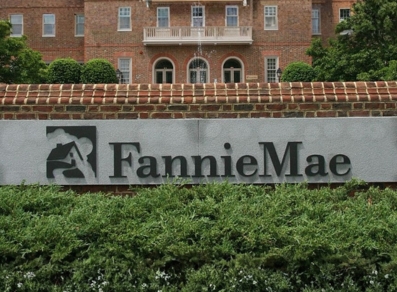How economic barriers and land restrictions deepen the housing divide in 2025

Billionaire investor and tech entrepreneur Peter Thiel, best known as a co-founder of PayPal and one of Silicon Valley’s earliest backers of Facebook, recently reignited debate over whether capitalism is still working for younger generations. As a major figure in finance and venture capital, Thiel’s critiques carry weight — especially when they touch on systemic issues like housing affordability and generational inequality.
Thiel recently argued that capitalism “isn’t working for young people,” pointing to underlying structural problems such as restricted housing supply, high development costs and limited mobility. (Fischer, 2025)
Structural Barriers and the Housing Disconnect
In an interview with The Free Press, Thiel said:
“It’s extremely difficult these days for young people to become homeowners. If you have extremely strict zoning laws and restrictions on building more housing … it benefits the boomers, whose properties keep going up in value, and is extremely detrimental to the millennials.” (Thiel, 2025)
While Thiel focuses broadly on generational economic dynamics, housing policy experts note that land-use and development standards—such as single-family zoning, large minimum lot sizes, and large parking mandates—have constrained housing supply and helped drive up costs in many regions. (Urban Institute, 2024; NAHB, 2025)
Why This Matters to Builders and Buyers
If the system continues to limit how many homes can be built and where, younger adults may find access to homeownership even harder—potentially widening generational wealth gaps. For developers, tighter standards and high land-use restrictions raise the cost of building new housing, making smaller or affordable housing projects less viable. In a market already challenged by rising costs and regulatory burdens, the additional pressure of supply-constraints makes housing less affordable for first-time buyers.
Thiel’s claim highlights one larger conversation: when economic systems stop delivering for new generations, policy barriers like housing supply limits become part of the challenge.
Future Implications
As economic pressures mount, zoning reform is emerging as one of the most pivotal — and politically charged — levers for restoring affordability and rebuilding trust in the housing market. Policymakers and city planners are beginning to acknowledge that restrictive land-use rules not only shape where people can live, but also who can build wealth over time.
If current reforms gain traction, future housing markets could see broader participation from small developers and homeowners through ADUs, infill projects, and mixed-use zoning updates. However, meaningful change depends on whether local governments embrace these state-level mandates and translate them into actionable policies on the ground.
Generationally, younger Americans — often priced out of both ownership and rent — are likely to drive a shift in public attitudes toward density, walkability, and flexible housing models. Whether cities adapt quickly enough to meet this demand will determine whether Thiel’s pessimistic outlook becomes prophecy or a turning point toward a more inclusive form of capitalism.
Quick Tip: If you’re exploring ADU or infill development opportunities, review your city’s zoning updates and California’s Housing Element requirements. Even small regulatory changes can open new opportunities for property owners and small developers to build housing where it was once restricted.
Xavier Rodriguez is the CEO of ADU Geeks, San Diego’s leading ADU consulting and project management firm. In 2024, the company was ranked No. 1 on the San Diego Business Journal’s Fastest Growing Private Companies list in the Small Business category, achieving 594.3% revenue growth.
Related ADU News
Looking for more ADU news? Continue exploring in-depth articles on California accessory dwelling unit laws, policy updates, and development trends.
.webp)
Ready to begin your journey?
Take the first step toward transforming your property and your life. Schedule a consultation with one of our experts and start your ADU journey today.




.svg)

